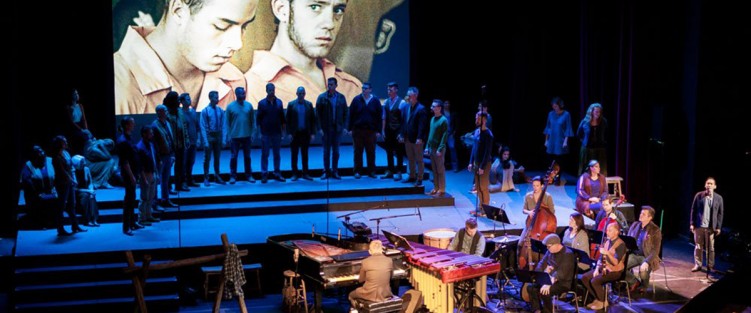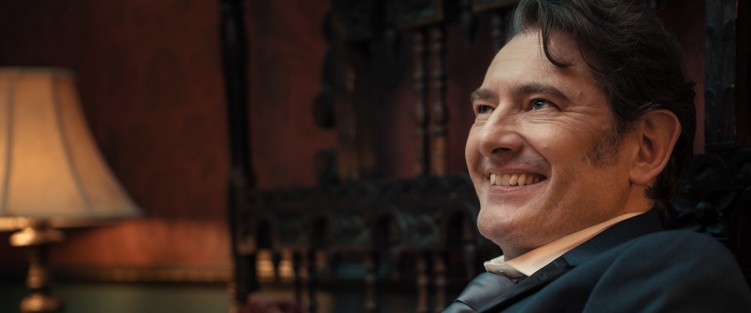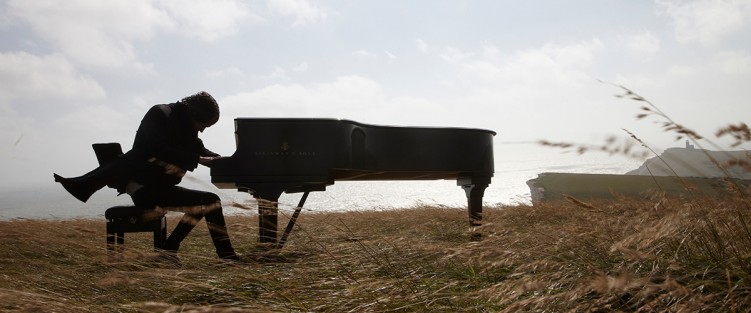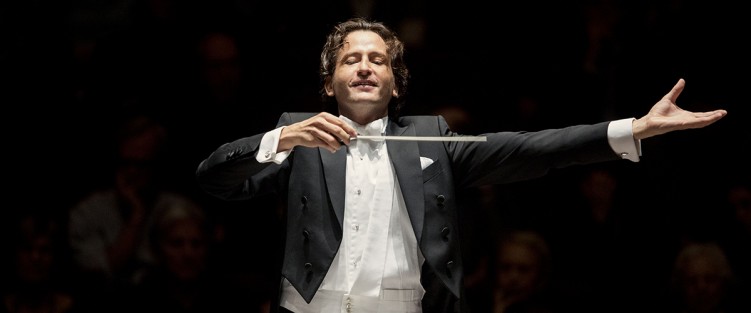Community Voices
Middle of April I sent out an email (you might have seen in your inbox) containing four or five questions that would form the basis of a story planned for the May/June issue of The WholeNote, and inviting anyone who wished to respond, to complete the questionnaire and mail responses to me at publisher@thewholenote.com.
Well here are the fruits of that invite, both the replies that came in in time for publication in the May/June issue, and those that are still coming in, using the online form at the foot of this article. And the invitation is still open.
Responses are still coming in and being added, so consider yourself invited. We are hoping that this compendium of views can online, over time, help us share and compare as our music community, collectively and individually, finds our way through these gnarly times.
I hope you get the same pleasure out of reading it as I have putting it together. If you feel a little less alone at the end of it, that’s a good day’s work done. If you feel like adding your voice to the mix, better still.
David Perlman
To browse a list of all community voices profiles, click here.







